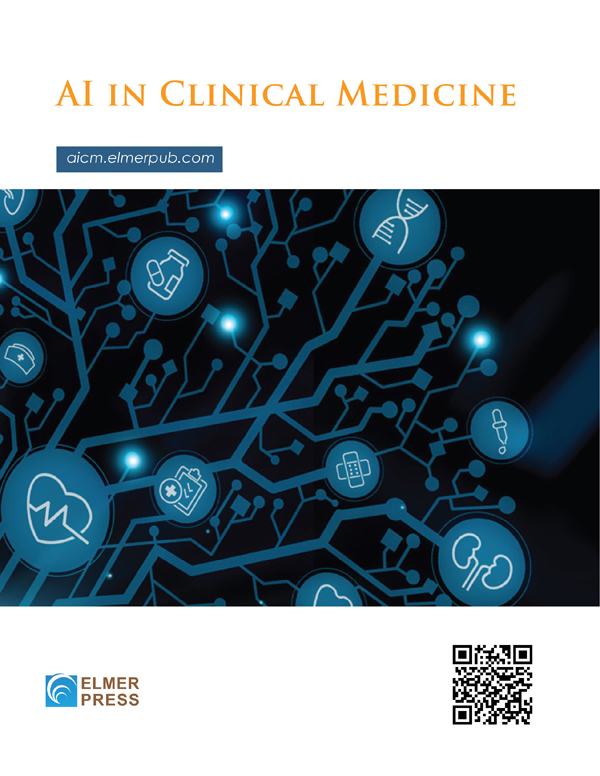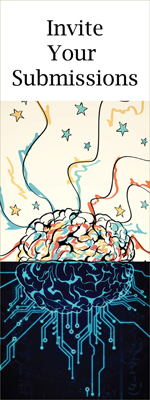Milestones in Medical History: AI Insights Into Nobel Prize Discoveries
DOI:
https://doi.org/10.14740/aicm1Keywords:
Nobel Prize, Medical milestones, Infectious diseases, Personalized medicine, Immunotherapy, GenomicsAbstract
The Nobel Prize in Physiology or Medicine, established through Alfred Nobel’s visionary will, has served as the highest recognition of groundbreaking medical discoveries since 1901. Awarded to 227 pioneering scientists over 114 years, these honors trace the extraordinary evolution of modern medicine through six transformative stages. The early 20th century laid critical foundations with Emil von Behring’s serum therapy and Robert Koch’s germ theory, which established the principles of immunology and infectious disease control. The 1920s - 1940s saw life-saving breakthroughs with Frederick Banting’s insulin discovery and Alexander Fleming’s penicillin, revolutionizing treatments for diabetes and bacterial infections. Mid-century brought molecular revelations including Hans Krebs’ metabolic cycle and Watson and Crick’s DNA structure, while the 1970s - 1990s introduced revolutionary diagnostics through computed tomography imaging and organ transplantation techniques. The fight against global health threats accelerated with Harald zur Hausen’s human papillomavirus-cancer link and Youyou Tu’s malaria therapy, followed by contemporary advances in genetic medicine. Recent laureates like Svante Paabo (ancient DNA) and Katalin Kariko (mRNA vaccines) have propelled medicine into a new era of personalized care and pandemic response. Today’s cutting-edge research builds on this legacy through precision oncology, AI-enhanced drug discovery, and minimally invasive liquid biopsies. These Nobel-recognized achievements collectively extended global life expectancy by decades and transformed medical practice from empirical observation to molecular targeting. However, as medicine advances toward increasingly sophisticated gene and cell therapies, the scientific community must address emerging challenges in healthcare equity, data ethics, and global access to ensure these life-changing innovations benefit all humanity equally. The Nobel Prize continues to illuminate medicine’s brightest minds while inspiring future generations to tackle remaining frontiers in neuroscience, aging, and emerging diseases.

Published
Issue
Section
License
Copyright (c) 2025 The authors

This work is licensed under a Creative Commons Attribution-NonCommercial 4.0 International License.






